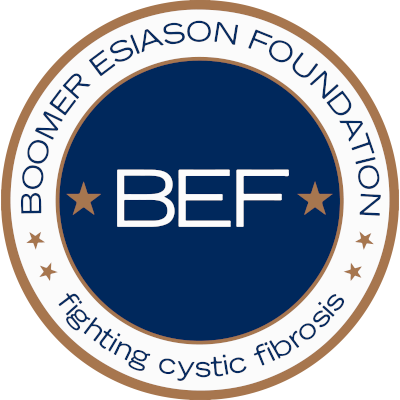Gentamicin belongs to the amino glycoside class of antibiotics and is used to treat mostly gram negative bacterial infections, including severe ones like pyelonephritis, biliary sepsis, endocarditis, and cystic fibrosis among others. It is a bactericidal antibiotic that binds irreversibly to the 30s subunit of the ribosome and interferes with mRNA transcription and translation leading to inhibition of protein synthesis.
Despite being highly effective against the most stubborn bacteria, side-effects caused by antibiotic use are a major cause of concern among those with diseases such as cystic fibrosis. In particular, nephrotoxicity and ototoxicity — a buildup of toxicity in the kidneys and ears, respectively — are the main side-effects that doctors are most concerned about when prescribing amino glycoside antibiotics. Bilateral vestibulopathy — a condition that damages the balance portions of each ear, general damages to the vestibular apparatus, and can lead to the loss of sensory hair, are serious side-effects of ototoxicity, which when severe lead to loss of hearing. These side-effects are aggravated if gentamicin drops are administered directly to the ear. However, it worth noting that duration and dosage of these antibiotics is a major factor contributing in toxicity. Hearing loss experienced in these cases can be reversed with most agents.
A recent press release from the University of Florida reveals that around 2% to 25% of the people taking gentamicin experience hearing loss, but these surface only after a period of regular usage. Research led by Colleen Le Prell, the study’s lead investigator and an associate professor in the UF College of Public Health and Health Professions’ department of speech, language and hearing sciences, and her colleagues a the University of Florida and the University of Michigan, have shown that use of dietary supplements loaded with anti-oxidants, beta-carotene, vitamins C and E, along with Magnesium, have the potential to reverse the side effects in guinea pigs. This study with rodents was co-authored by Josef Miller, from the University of Michigan, and was published in the online version of the Journal of the Association for Research in Otolaryngology.
Since the dietary supplements given in this experiment are not toxic and feature proven health benefits, they can be used effectively and safely on animals as well as humans. This antioxidant-rich supplement quenches the free radicals produced by the antibiotics and hence protects against the side-effects.
The study tested guinea pigs who were given a two-week course of gentamicin, with half the population being fed with normal food and the other half being fed with the dietary supplement along with their food, both before and during their course. Their hearing abilities were checked before and compared with those obtained up to 9 weeks after the antibiotic therapy by comparing their brain’s responses to sound waves.
The results showed that the dietary supplements prevented damage to the sensory cells on the outer ear and thus protected their hearing abilities. This was more profound in lower frequencies which are the most important for speech.
In light of these early findings, human trials are being conducted by Le Prell as well in order to check the efficacy in human use. Dr. Le Prell was quoted as saying, “The long-term vision is clearly to see whether you can get the same benefit in human patients who are being treated with these amino glycosides.”
What remains to be seen is whether this nutrient supplement reduces the efficacy of the antibiotic as a whole or not. If proven beneficial, these vitamin supplements could be prescribed as proper supportive therapy for infections needing gentamicin for treatment. More research needs to be done on this before one can move to clinical trials and get the same approved officially.
